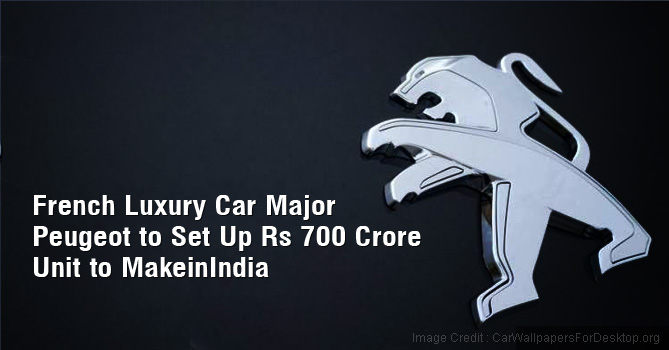French Luxury Car Major PSA Peugeot has tied up with the CK Birla Group for manufacturing cars and power-trains in Tamil Nadu by 2020.
Can French car maker PSA Group crack the Indian market in its 3rd attempt? French Luxury Car Major Peugeot Attempts To Re-Enter India

